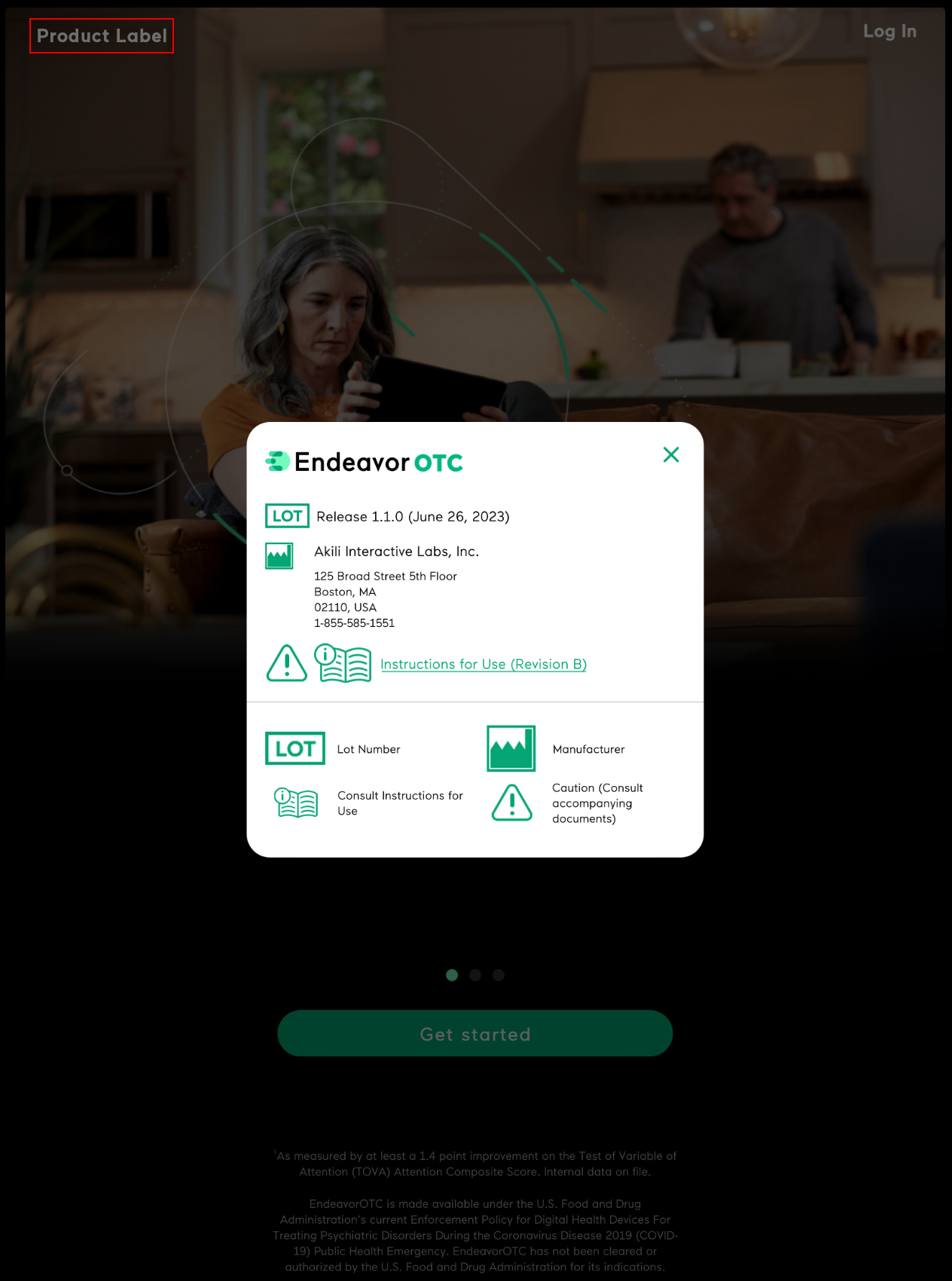Research Roundup: What are the Best Foods for ADHD?

If I eat better, will my ADHD symptoms improve?
With the slew of media articles on diet and mental health these days, many patients with ADHD are wondering if a healthy diet can help ease their symptoms. In this article, we’ll dig into the existing evidence between a healthy diet and a healthy brain, including the best foods for ADHD.
Research on dietary patterns and interventions
There are two main ways that the effects of diet have been studied in ADHD, the first of which looks at natural dietary patterns and how they relate to ADHD symptom prevalence. The second examines specific dietary interventions, looking at certain foods for ADHD to see if a change in diet can reduce symptoms.
Studies on natural dietary patterns
A lot of research has evaluated links between eating patterns and ADHD symptoms in children. Generally, studies agree that a healthy diet can help protect against ADHD in children, and that less-healthy diets and lots of junk food can increase the chances of ADHD. While some studies suggest that sugar intake may increase risk for ADHD in children, this research is not fully accepted by the academic community.
These trends are generally similar in adults, but the effects of dietary patterns on ADHD symptoms are much smaller—in other words, what you eat as an adult seems to impact your risk for ADHD symptoms less than what you eat as a child.
Studies on dietary interventions | Foods for ADHD
Similarly, most intervention studies for ADHD and diet have been done with children. Those studies suggest that diets can be useful to help manage ADHD symptoms, but the type of diet really matters.
The diets with the strongest research support for ADHD are omega-3 fatty acid supplements and the few-foods diet (FFD), also known as the elimination diet or the oligoantigenic diet. This diet eliminates most common food allergens, such as cow-milk protein, soy, wheat, eggs, peanuts, and seafood. This leaves the most typically hypoallergenic foods, including:
- Lamb and venison
- Cruciferous vegetables, such as broccoli, brussels sprouts, and arugula
- Starches, such as potatoes, quinoa, and rice
- Oils, such as sunflower oil and olive oil
- Few fruits with an emphasis on pears
The few-foods diet should be overseen by a qualified professional, such as a dietitian, to avoid deficiencies.
Other diets—like those focused on reducing artificial food coloring—are unlikely to produce change in children’s ADHD symptoms. When it comes to dietary interventions in adult ADHD, there’s a lot we still don’t know. Some people have argued that adults with ADHD may also benefit from omega-3 and FDD, or other programs like the Mediterranean diet and Dietary Approaches to Hypertension (DASH) diets.
- The Mediterranean diet consists largely of fresh vegetables, fruits, beans, lentils, and nuts, as well as whole grains, extra virgin olive oil as a source of healthy fat, and fresh fish as a source of omega-3.
- The DASH diet focuses on foods that are rich in potassium, calcium, magnesium, fiber, and protein while limiting the intake of saturated fats and salt.
The Take Home Message
There is a fairly extensive body of scientific literature supporting the benefits of eating well for mood and wellbeing in general. That being said, don’t expect that a change in food alone will be a point solution to your ADHD. As a neurodevelopmental disorder, ADHD typically requires a specific intervention to reduce symptoms.
EndeavorOTC is a non-invasive digital therapeutic designed to target the neural networks related to attention and focus. Curious about our treatment? Try it out today!
About the Author
-
Caitlin Stamatis, PhD, is a clinical psychologist and researcher focused on novel uses of technology for mental healthcare. Her 40+ scientific publications have been featured in leading journals such as Nature Partner Journal: Mental Health Research, Depression & Anxiety, and Emotion. Dr. Stamatis has spent her career leading clinical research and product development to build and evaluate new digital mental health treatments, at both big companies like Google and more rapidly growing, specialized digital therapeutics companies like Akili. 
